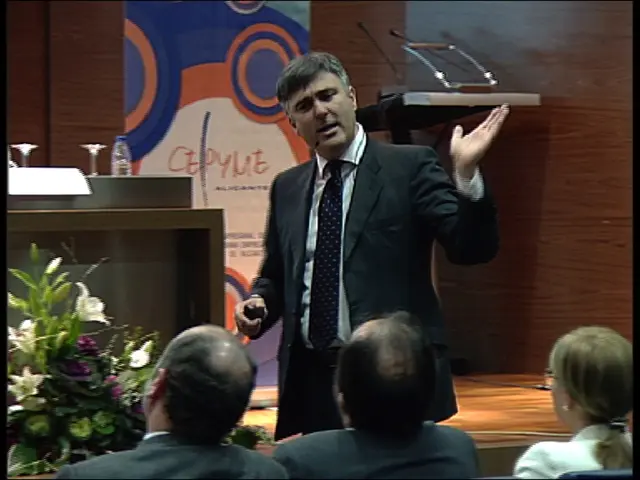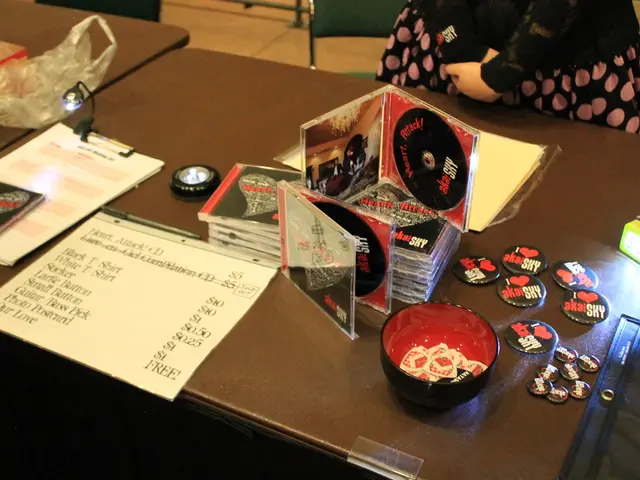Philippines plans to implement KYC and minimum bets as measures to limit online gambling activity
The Marcos administration is planning to strengthen its regulations on online gambling by integrating the Philippine Identification System (PhilSys) to enhance identity verification and reduce illegal activities such as money laundering and fraud. This move aims to ensure stricter compliance with Anti-Money Laundering (AML) policies and improve regulatory oversight of the gambling sector.
Key proposed measures include tightening KYC protocols, ensuring that casinos and online gambling operators conduct KYC checks using PhilSys data, enhancing monitoring and tracking of large transactions, and aligning these efforts with existing AML and Combating the Financing of Terrorism (CFT) procedures.
These measures aim to increase regulatory effectiveness in curbing illicit flows of money through online gambling platforms, improve trust and transparency in the online gambling market, protect Filipino citizens from illegal or unregulated gambling, raise the compliance burden on operators who must upgrade their technological systems, and facilitate law enforcement investigations.
The Senate committee on games and amusement will hold an inquiry on 14 August to discuss these measures. The Department of Economy, Planning, and Development (DepDev) sees PhilSys as a tool for regulating online gambling. Senator Sherwin Gatchalian has proposed a bill to prohibit e-wallet platforms from directly linking to gambling sites. Other proposals include raising minimum bet amounts and imposing an entry fee for online platforms.
The integration process is ongoing, linking PhilSys with various agencies, including the Department of Foreign Affairs (DFA), the Social Security System (SSS), and the Government Service Insurance System (GSIS). President Ferdinand "Bongbong" Marcos Jr. has announced plans for a "conclave" to discuss the future of online gambling policy with various stakeholders.
While there is no direct public announcement outlining all details of this specific integration within the Marcos administration's policy, it aligns with PAGCOR’s ongoing enforcement of strict AML and KYC policies and the government's broader push for digital identity integration and data privacy improvements led by agencies like the National Privacy Commission.
Marie Antonette Quiogue, Co-Founder and CEO of Arden Consult, warned that banning online gambling entirely could backfire, driving it underground, weakening oversight, and undoing progress made under the current legal framework. Quiogue emphasised that any legislative measure must be built on "accurate knowledge, comprehensive data, and global perspectives."
Frederick Go, special assistant to the President for investment and economic affairs, stated that stronger verification protocols could prevent individuals under the legal gambling age from participating. Go also mentioned that these measures are aimed at discouraging frequent betting and limiting access for those with limited resources.
Over 93 million Filipinos have registered for the national ID, with more than 54 million already holding physical cards. Senator Erwin Tulfo has raised concerns about unregulated betting, which has allowed minors to participate and left players without spending limits.
In summary, the plan centers on leveraging PhilSys to reinforce KYC procedures in online gambling, making the sector safer and more transparent but requiring enhanced operational compliance by gaming operators. An informed and nuanced legislative approach is crucial for addressing the genuine challenges posed by online gambling.
The Marcos administration plans to incorporate technology, specifically the Philippine Identification System (PhilSys), into KYC protocols for online gambling, aiming to strengthen identity verification, reduce illegal activities, and improve compliance with Anti-Money Laundering (AML) policies. This move also intends to address concerns about unregulated casino-and-gambling activities, such as minors participating and lack of spending limits.




